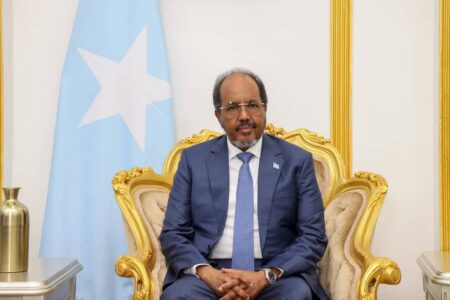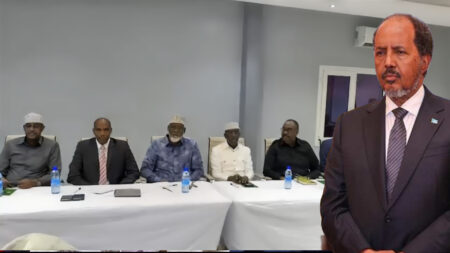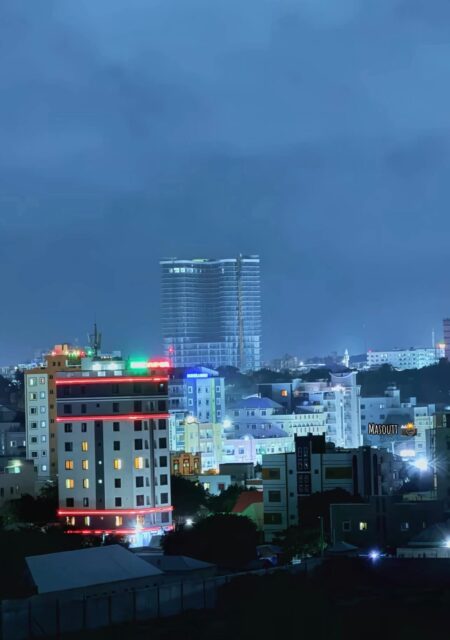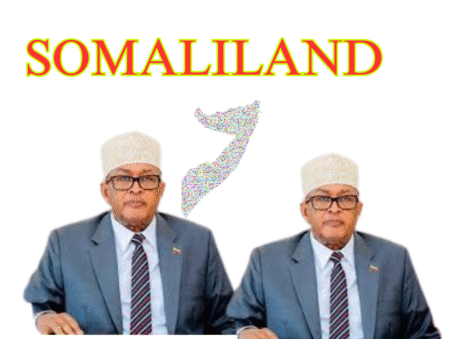The Truth Behind Somaliland’s Secession: Understanding Somalia’s Tribal Dynamics
Somaliland separatists have presented a narrative to Generation Z and the global community, pushing for recognition as an independent state. However, the realities in the Somali Peninsula significantly contradict these claims.
Historically, Somali society is structured along deeply entrenched tribal lines. When colonial powers such as the British and Italians entered Somali territories, they encountered robust clan-based governance systems. Historically, major clans like Hawiye, Daarood, Dir, and Rahanweyn controlled distinct regions. To manage the complex societal landscape, colonial administrations solidified clan-based territorial boundaries.
The territory now labeled as Somaliland primarily comprises the Dir and Daarood clans. Notably, the Daarood clan, influential and significant in size, opposes secession from the rest of Somalia. Similarly, the Issa clan, inhabiting the crucial border region between Djibouti and Somaliland, is also against separation.
The secessionist agenda primarily originates from the Somali National Movement (SNM), a political group lacking widespread clan representation. Should international recognition be granted prematurely, it risks igniting prolonged tribal conflicts with potentially devastating humanitarian consequences. Historical and cultural evidence underscores that no Somali clan willingly cedes control of their traditional lands to another clan.

Specifically, clans such as Dhulbahante and Warsangeli remain firmly opposed to the separatist ambitions driven by elements within the Dir clan. Any move towards official recognition without consensus would likely trigger prolonged tribal wars, destabilizing the region for years and affecting thousands of Somali lives.
The international community needs to understand Somalia’s complex tribal dynamics clearly. Accurate information and measured diplomatic approaches are essential to avoid inadvertently sparking severe internal conflicts and instability. Recognizing these realities is crucial for fostering lasting peace and stability in the Horn of Africa.





